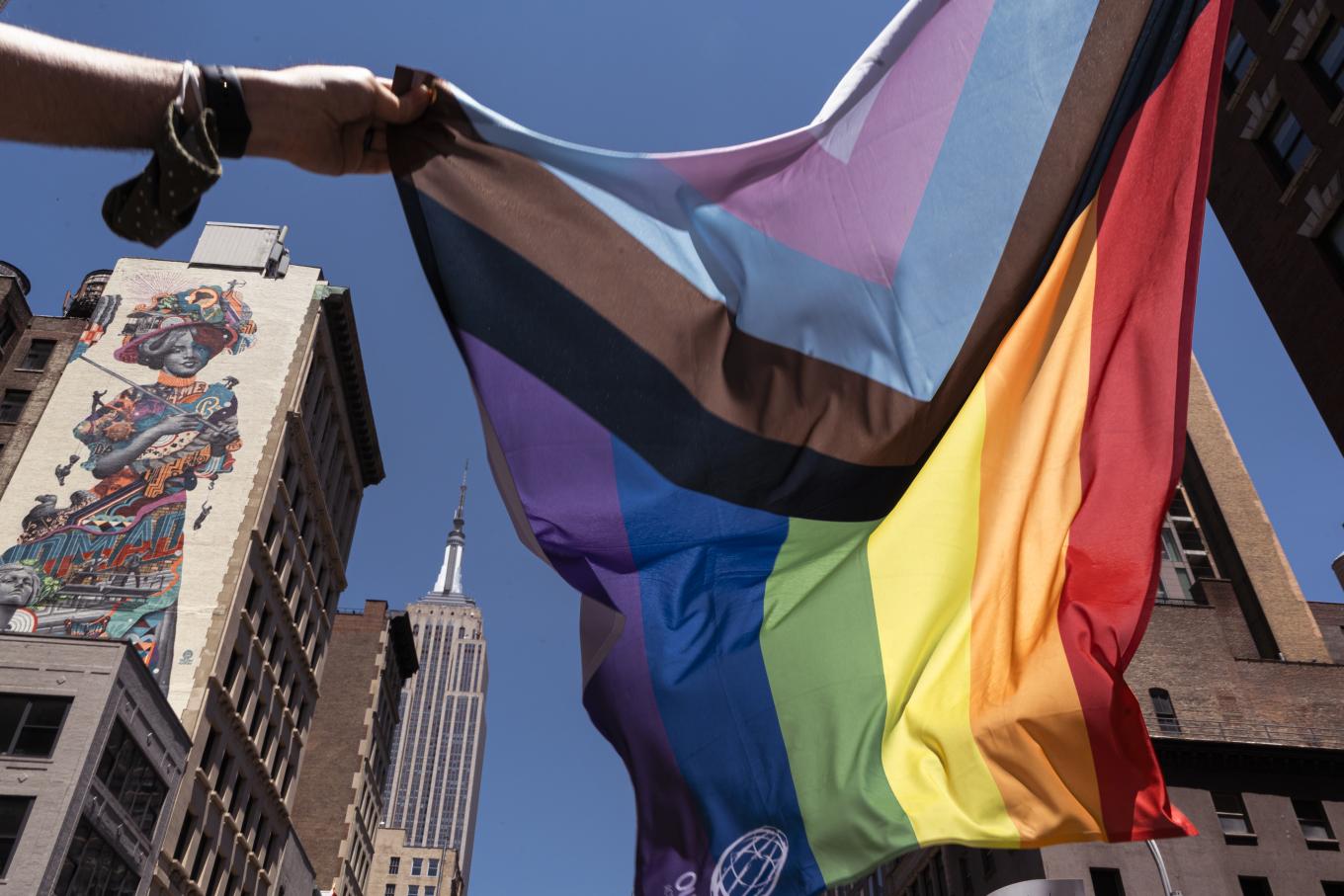
Country Overview
Malaysia
At a glance
View more for this country:
Same-sex relations for men and women are Penal Code offenses under colonial-era “unnatural offenses” and public morality provisions. Consensual same-sex relations between men carry a hefty maximum sentence of 20 years imprisonment and whipping. Similar to its commonwealth counterparts, the law is rarely used to formally prosecute individuals, but rather as a tool to harass, undermine, and stigmatize people who identify as or are perceived to be LGBTIQ. Moreover, state Shariah criminalize consensual same-sex intimacy and diverse gender identities and expressions with sentences that include public caning and imprisonment. Police powers are wide, and raids are oftentimes used as tools to intimidate queer people through public morality laws, minor offenses laws, and state Shariah enactments, or under the guise of reasonable suspicion to search without warrants.
In September 2018, two women were publicly caned for attempting to be “lesbian.” State Shariah provisions that criminalize transgender and gender-diverse people are routinely used to harass and intimidate them. These provisions were challenged in 2011, and a Court of Appeal ruling recognized that the state Shariah provisions were inconsistent with constitutional protections; however, the case was dismissed at the Federal Court on a technicality.
Since 2018, authorities have been blocking online LGBTIQ content, mostly foreign, English-language LGBTIQ websites and webpages. Outright’s research in 2025 also indicates that lesbian, bisexual, and queer women and nonbinary people in the country are subjected to various forms of online gender-based violence, with 56 of 116 respondents experiencing online sexual harassment.
People in Malaysia do not have access to self-determined legal gender recognition. Successful changes of gender markers on identification documents have only been permitted through isolated court decisions, which tend to rely on the archaic medical model requiring the certification of medical experts and proof of gender affirmation surgery. This can be seen in the landmark cases of JG v Pengarah Jabatan Pendaftaran Negara 2005 [HCKL], where the change of the last digit in the identity card was allowed to reflect the plaintiff’s gender. Other factors, such as state Shariah and fatwas, widen the barriers to legal gender recognition. State-sponsored conversion practices are used in an attempt to eliminate transgender identities.
*Outright research indicates that the bodily autonomy of intersex people is not respected and protected in this country.
Global Impact
Sub-Saharan Africa
Outright supports LGBTIQ organizations in Sub-Saharan Africa and works with mainstream human rights organizations to respect human rights and influence positive changes in laws, policies, attitudes and beliefs that cause discrimination against LGBTIQ people.
United Nations
Our work at the United Nations centers around advocating for the advancement of the rights of LGBTIQ people.
View this regionAsia
Our work in Asia promotes acceptance of sexual and gender diversity at all levels of society.
View this regionSouthwest Asia and North Africa
In the Southwest Asia and North Africa, we partner with local groups in various countries as part of our international solidarity work. We also work with our local partners on different topics through capacity building, advocacy, research and holistic security.
Europe and Central Asia
Outright International partners with activists to fight for an end to human rights violations based on sexual orientation, gender identity and gender expression in Europe and Central Asia, where most of our work involves emergency responses to harassment, discrimination, violence, and most recently, Russia’s brutal and expanded invasion of Ukraine.
Americas
Our work in the Americas continues to build on the fundamental and positive transformation of human rights protections in recent years. We partner with groups in the Caribbean that focus on ending gender-based violence and eradicating discrimination against trans people.
Pacific
Our work in the Pacific aims to increase the visibility of activists, respond to human rights emergencies, and actively bridge local, regional, and international activism to achieve equality and justice.
Global
View this region
Human Rights Research
Since 1990, we have partnered with activists from all over the world to produce hundreds of groundbreaking reports.
Read Our Reports